
Why avoid corporate speak and office jargon in media interviews?
Why avoid corporate speak and office jargon in media interviews? In this episode how to use clear and straightforward communication when appearing on TV, radio and podcasts.
Corporate speak and office jargon is everywhere.
It's everywhere, isn't it? Every industry has its own verbal shorthand - And let's get something straight. None of it has any place in media interviews. Reason's why coming up.
But first, let's take a look at just some of the latest corporate lingo that's emerged since the global pandemic.
Do you really understand what terms like these mean?
Chaotic working, hustle culture, workfluencer, digital nomad, corporate villain, talent debt, pivot.
And then some more established classic corporate speak: Synergy, deep-dive, paradigm shift, leverage, ideate, deliverable and a personal favourite, circle back.
What a load of baloney!
Why does corporate speak, office jargon and lingo exist?
I'm not saying don't use these words, just don't use them in media interviews.
People often use jargon in business settings for various reasons: to seem knowledgeable and professional, out of habit, to fit into a specific corporate culture, to impress others, or to simply convey complex ideas.
Of course, office lingo does have its uses. But it can also reflect your lack of understanding, intimidate others, or be used to evade direct answers. In short, it excludes people who aren't in the know, and that's the issue with using office jargon in the media.
More media training guides and podcasts

Is it ok to ignore a journalist?

Building your personal brand so journalists find you first

Media interview quick-start guide
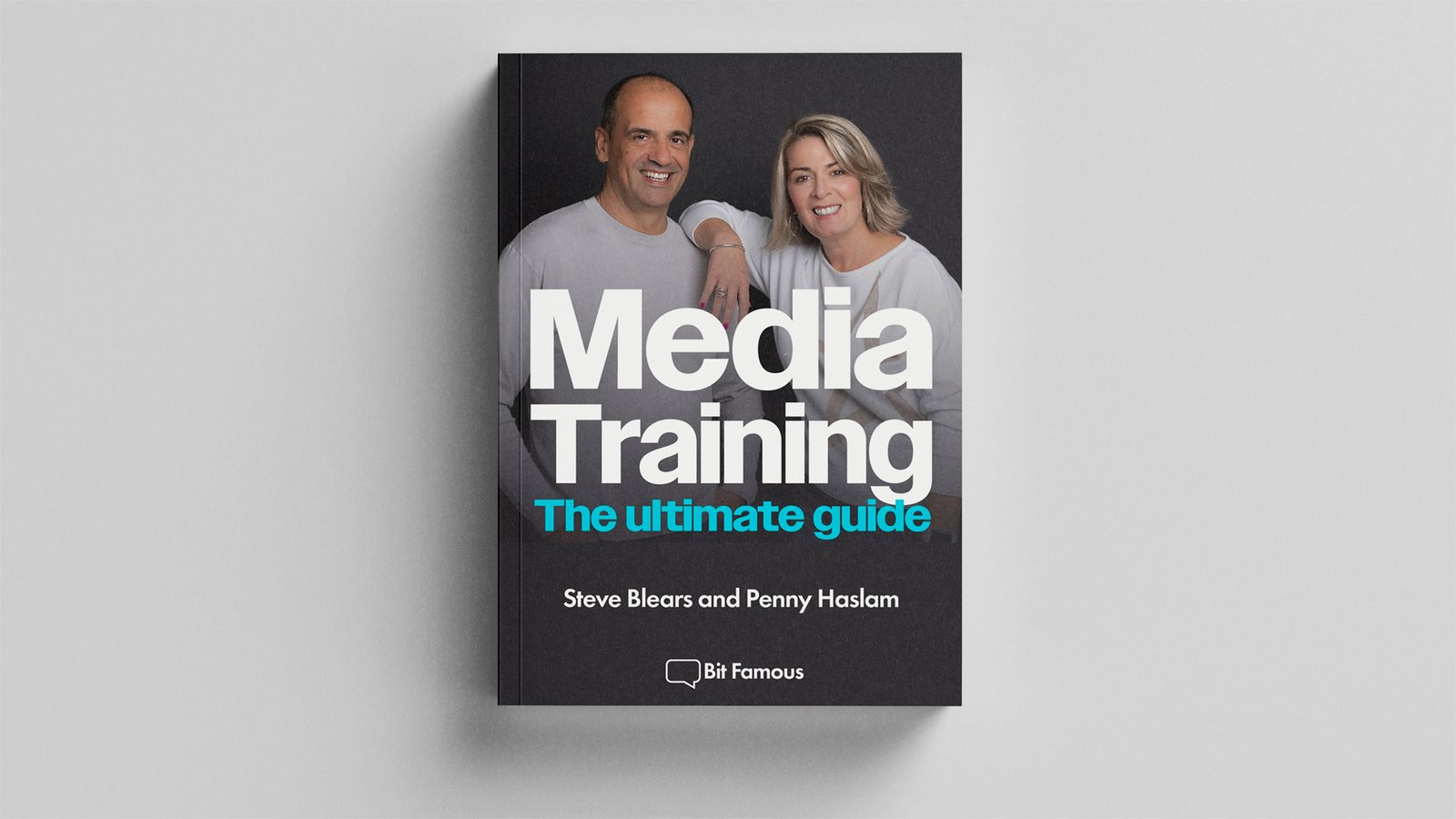
Media training book

How to hold a press conference
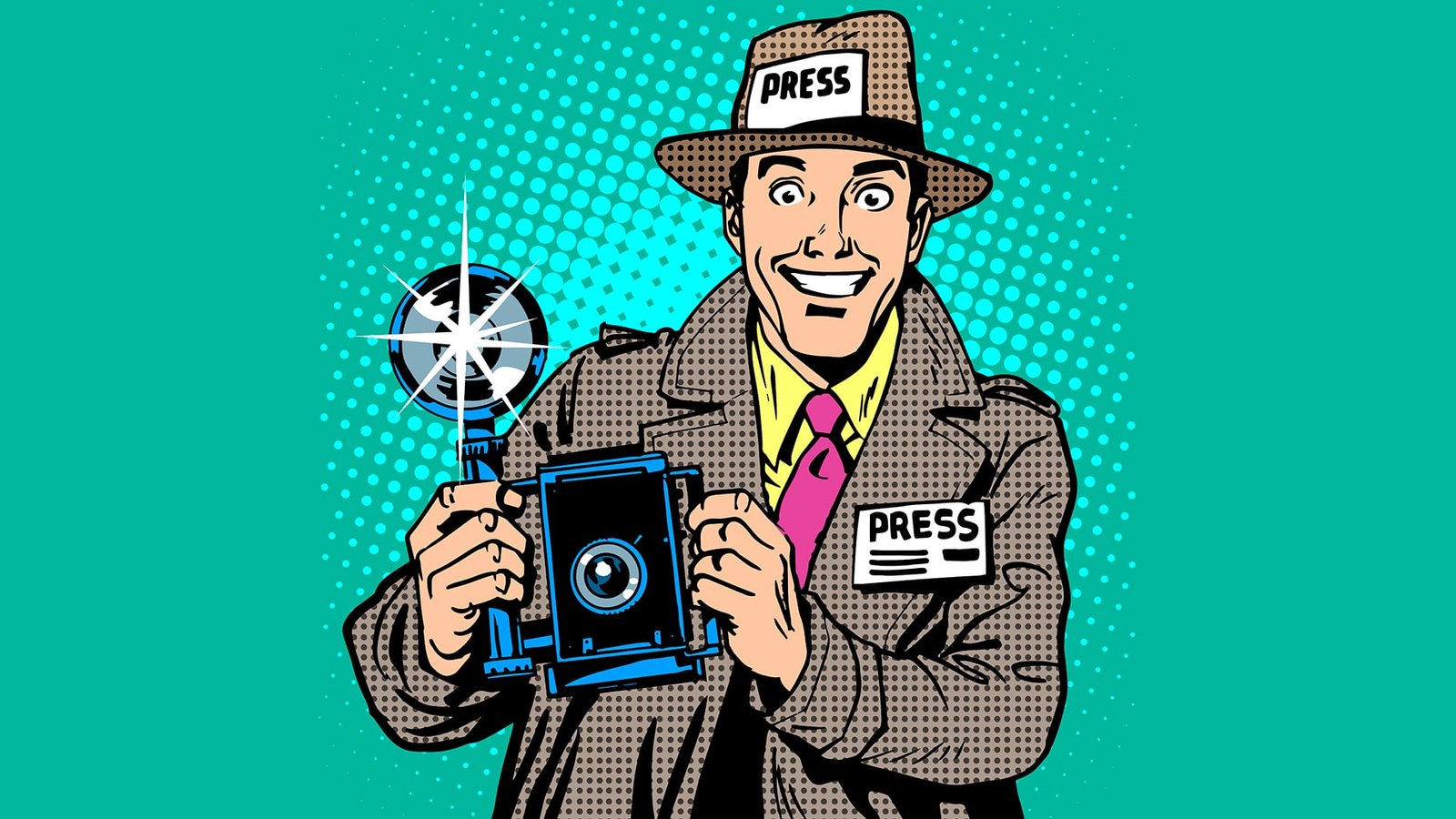
Time for a media training refresher?

How to get your boss on board with media appearances

Is it okay to say “I don’t know” in a media interview?
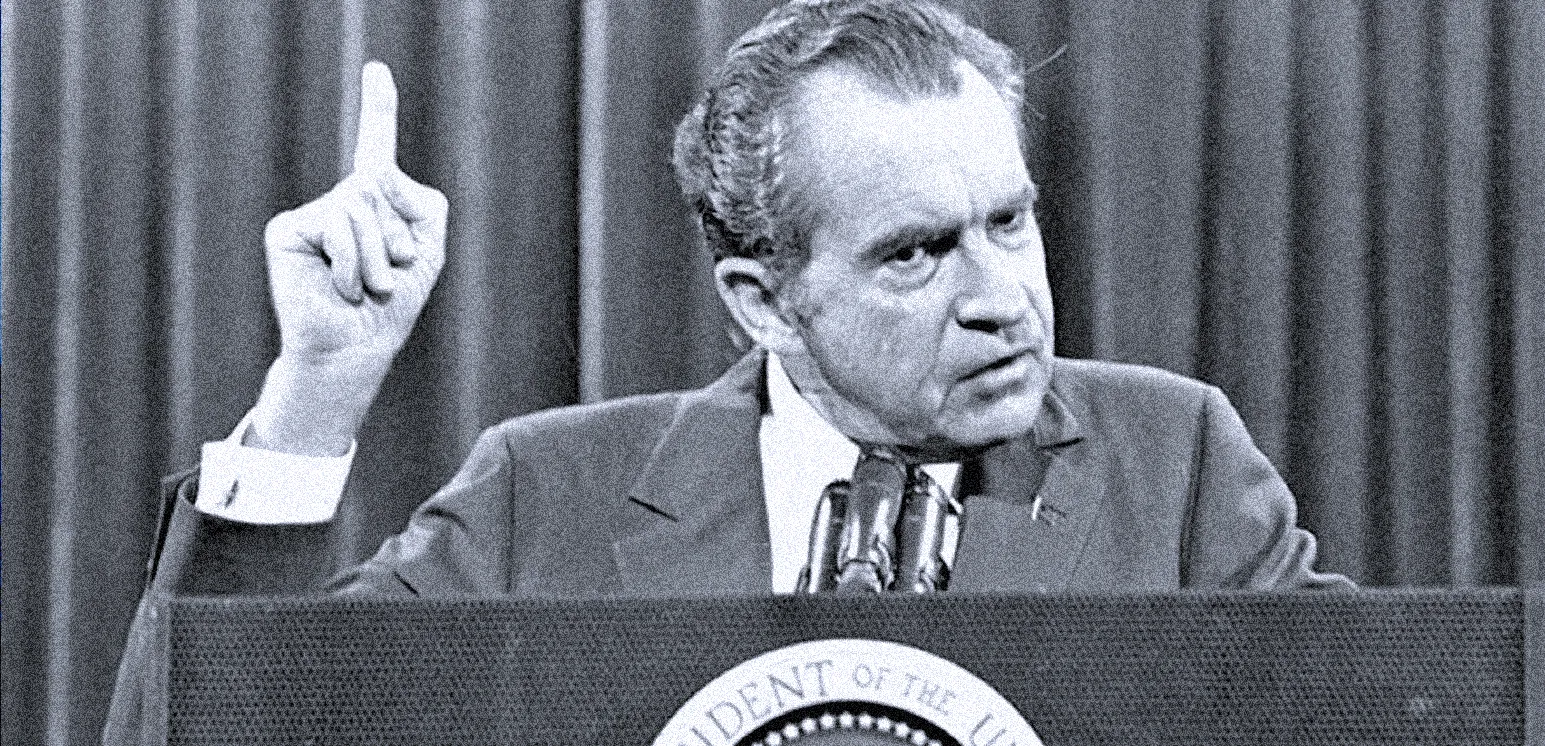
Why should you avoid repeating negative questions in media interviews?

How to look and sound relaxed in a media interview, performance tips

Mastering profile interviews in the media

Media appearances, the unwritten rules

Public apologies, how to say sorry in the media and mean it

Why off-the-record journalism is riskier than you think
Office jargon and corporate speak do appear in some media interviews
Now there are some exceptions. The most obvious one is corporate finance. Pick up a copy of the Financial Times Newspaper, you might as well be reading hieroglyphics.
But for regular news, current affairs and podcasts, plain straightforward, understandable language is a must.
- So on air you would avoid saying, "We are accelerating digital transformation." Instead, you'd say, "we're working quickly to improve our technology."
- You wouldn't say, "We're enhancing collaborative ecosystems." You would say, "we're improving online teamwork."
- And what does, "workforce streamlining and optimisation mean?" It means, "we are making job cuts!"
Get the idea?
Reasons why you shouldn't use corporate speak, office jargon and lingo in media interviews
It's worth pointing out that corporate speak won't make you sound clever on air it'll alienate the audience, be a switch off and be a waste of a journalist's time.
Remember, in your organisation, chances are that you spend most of your time with a specific type of person.
For example, when I worked for the BBC, many of my colleagues were white, middle class and university-educated.
But when you are on-air you're not speaking to your peers, you're speaking to a mass audience made up of a diverse group of people from all sorts of backgrounds. It's essential to use language that's accessible to everyone. It's not dumbing down, it's about being clear.
Corporate speak will make listeners and viewers zone out
Also, just because you are talking on TV, Radio or a Podcast, no one has a duty to listen to you. Think about how you consume the media. If someone talks in office lingo that you don't understand, you don't whip out your phone and Google it, you zone out or switch off. If your language is laden with jargon, you risk losing their interest quickly. That's a wasted chance to share your key message.
Journalists dislike poor communication skills including the use of office jargon
And, journalists don't like it. They are trained to communicate clearly. If you drop some corporate speak or an acronym into the conversation they will stop you and ask, " Sorry can you explain what that means?" And that is just wasting your own air time.
Being clear and concise is not just about getting your message across effectively; it's also about respect for the journalist's time and the audience’s understanding.
And remember, if you're not clear, you won't be asked back. Don't make that mistake.
Need to cut through the jargon, get in touch
As we reach the terminus of this particular instalment of our Media Training Podcast, we extend an open invitation to individuals seeking to elevate their proficiency in the nuanced art of media communication.
Should you find yourself in a position desiring our bespoke consultancy services, we warmly encourage you to initiate a digital correspondence at the following electronic mail address: hello@bitfamous.co.uk
We express our sincerest gratitude for your auditory participation and engagement in today's enlightening discourse.
You get the idea!

Is it ok to ignore a journalist?

Building your personal brand so journalists find you first

Media interview quick-start guide

Media training book

How to hold a press conference

Time for a media training refresher?

How to get your boss on board with media appearances

Is it okay to say “I don’t know” in a media interview?

Why should you avoid repeating negative questions in media interviews?

How to look and sound relaxed in a media interview, performance tips

Mastering profile interviews in the media

Media appearances, the unwritten rules

Public apologies, how to say sorry in the media and mean it

Why off-the-record journalism is riskier than you think

What are key messages in the media?

Give your leader feedback after a media interview

Why avoid corporate speak and office jargon in media interviews?
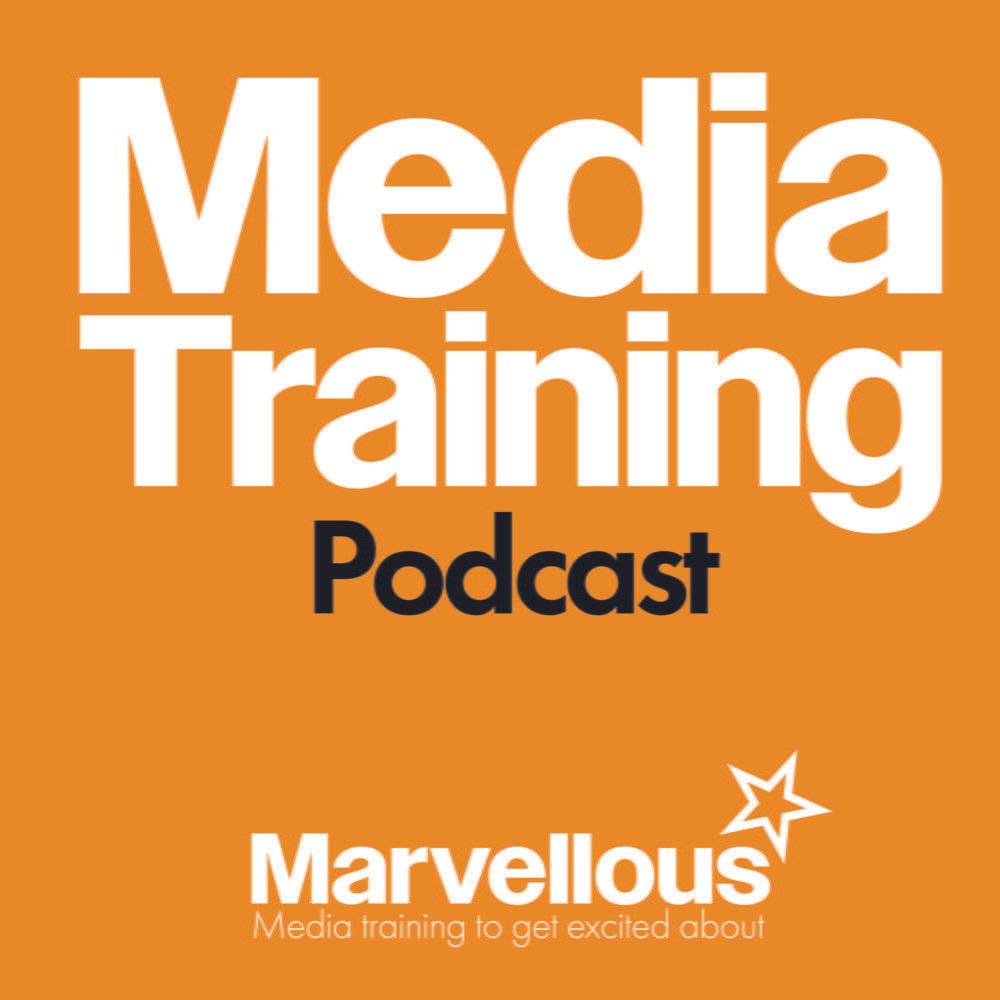
Media interview preparation checklist

How to create a founders’ origin story

How to answer hostile or negative questions from a journalist

How to be authentic in a media interview

Crisis Management: How to write a holding statement
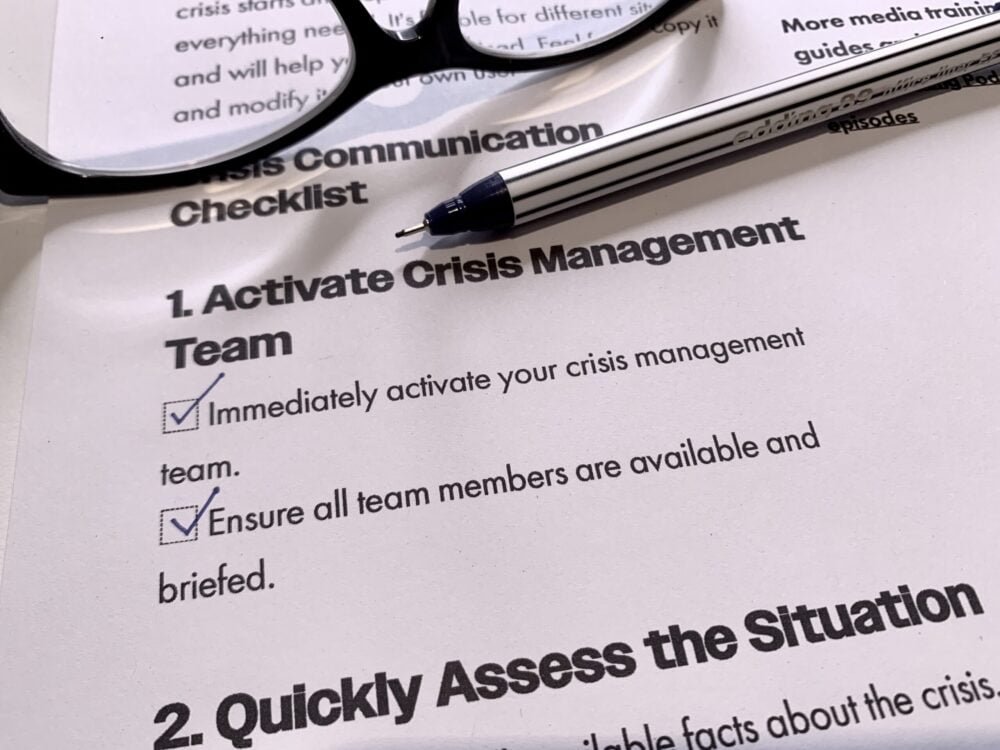
Crisis communications checklist

How to create a successful media soundbite
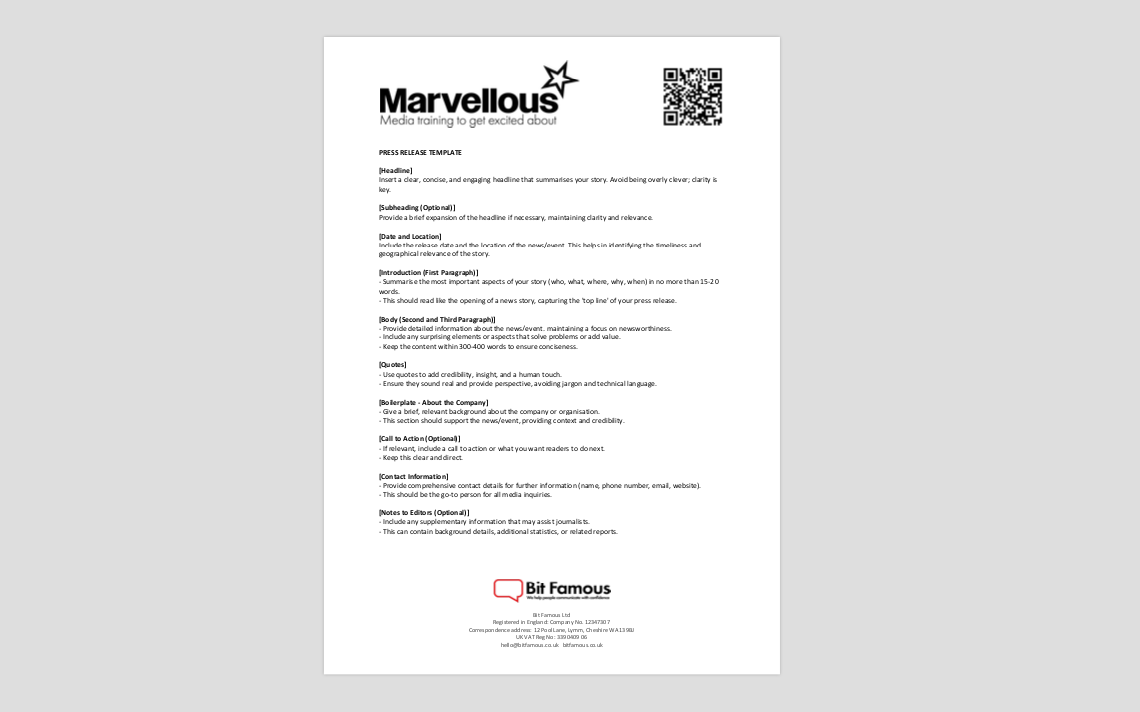
Free press release template (Word)
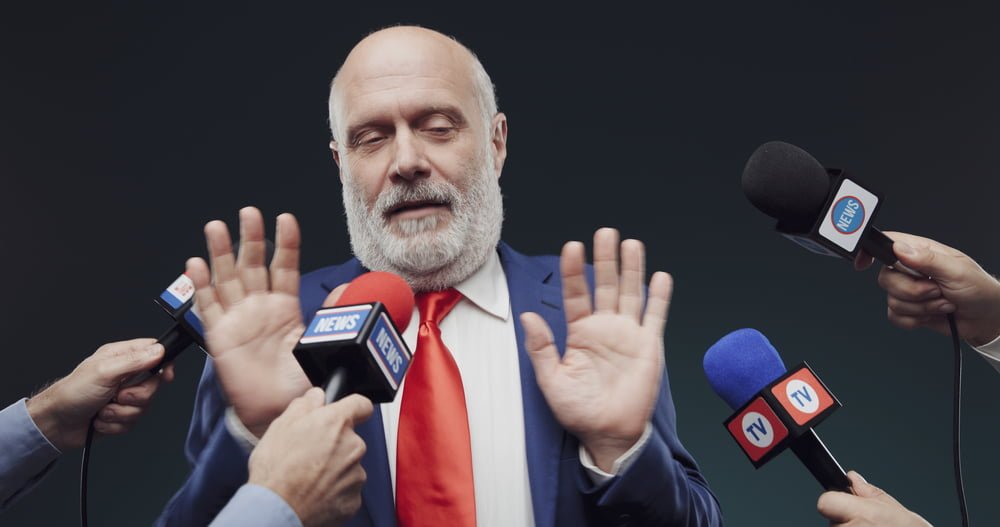
How do you handle a media question you don’t want to answer?
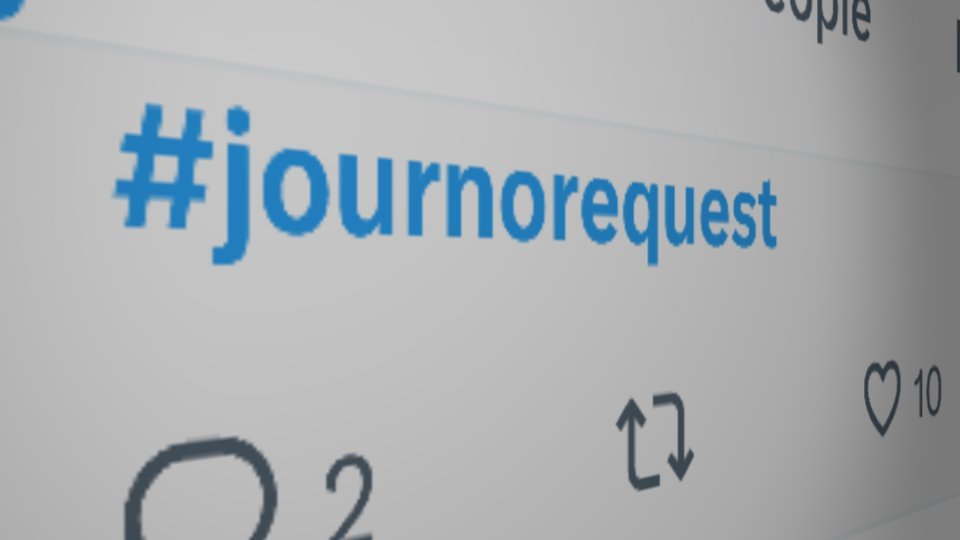
How to use #JournoRequest to get media attention for my business

How do I prepare for a TV interview online using Zoom, Teams or Skype?

How to appear on a business podcast

How to handle a difficult media interview
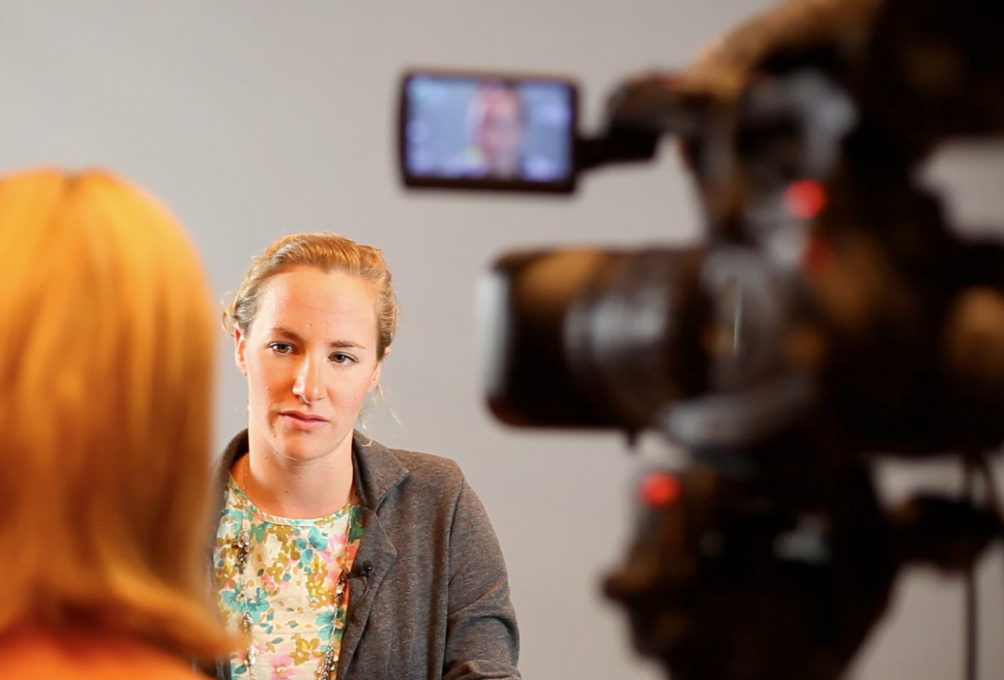
How to get featured in the media


